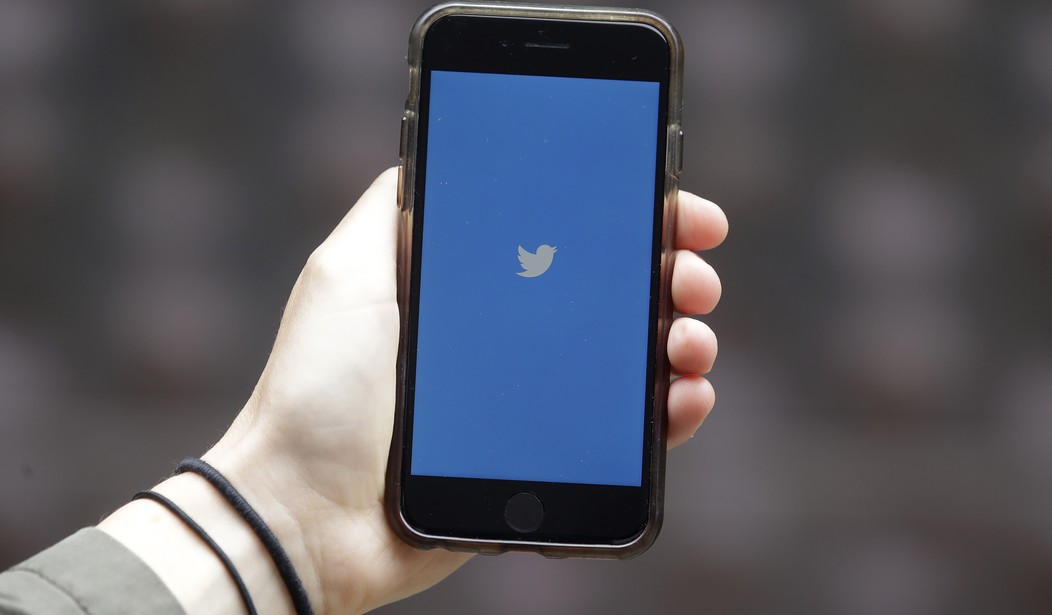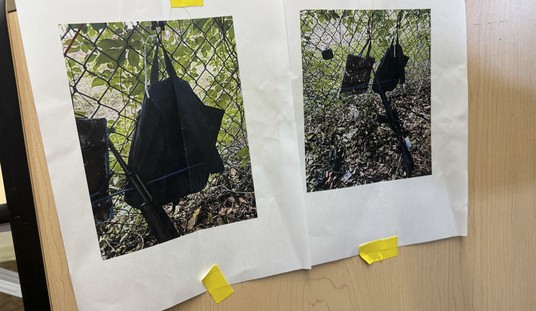So, yesterday, my phone died.
By "phone," of course, I mean "cellular smartphone," or as I like to call it, "that damned technological ball and chain that everyone on the planet is shackled to 24/7." Resolving that issue meant an unplanned trip to Wasilla to get a new phone, as the old one was completely fried and unusable, and all the crap that goes with setting up and organizing a new phone, which I'm still getting through this morning.
Oh, did I mention the "old" phone was only four years old?
These things are all solid-state. I don't understand why they shouldn't last for twenty or thirty years. But it makes sense that they don't; if they did, after all, then the manufacturers wouldn't be able to sell you a new $1,500 phone every three or four years. It's planned obsolescence, nothing but.
I remember well the summer of 1980, when I moved away from home and into my first apartment, actually the upper story of a house in Cedar Falls, Iowa. I had a phone put in; in those days, you leased the phone itself from Northwestern Bell, and I had a big, fat, rotary-dial desktop phone that sat on a stand in a corner of the tiny living room. It worked perfectly well. My buddies were able to call and talk to me and me, them. But now?
See Related: Japan Declares Victory in War - Against Floppy Disks
Democrat Datakrieg: How Data Is Used to Master Modern Politics
I'm still learning the ins and outs of this new monstrosity, and it's complicated by the fact that none of my grandchildren are nearby to explain to me how everything works and how to make it work the way I prefer. Apparently, there are new features in these things since I bought my last one four years ago; I haven't yet figured out how to make this one bag up the trash or mow the lawn, but I'm pretty sure it will if I can just figure out the right app to use.
But back to the planned obsolescence — why the hell should I have to buy another phone so soon?
My first "smart" phone wasn't very smart. It was a Google G-1, and I got a good five years out of it. The battery went bad after about three years, but amazingly, you could open up the case, take out the battery, and put in a new one. At one point the case cracked, but I applied the Handyman's Secret Weapon and got at least another year out of the phone. New phones, though, you can't do that; the cases are sealed. When the battery goes bad, the phone is dead. You can't replace parts, either. I finally gave in and got a newer phone when they stopped updating the G-1, and one by one, things like navigation stopped working. And that's funny because our navigation apps used to be on paper; we called them maps, but so many folks seem to have forgotten how to use them, and they don't seem to be for sale in very many places anymore.
That's when the vicious cycle began. The Android phone after that lasted maybe three years. I feel fortunate to get four years out of one of these things before they go obsolete, rendered so by "upgrades" to the software that the older hardware won't support, or by the phone just inexplicably dying.
Like mine. Yesterday. It happened again. On my old phone, it appeared to be still working, but the screen was dead. I could feel vibration when I pushed buttons, and the doo-dad linkup thingie on the big desktop PC I use for work showed the phone still working, but I couldn't see anything on the screen. So, new phone. Drive to Wasilla, deal with the sales guy (who was actually very friendly and helpful), and now spend three or four days figuring the damn thing out.
For some years I've been threatening to have a landline phone (that is nothing but a phone) installed in the house, side-arm my cellular phone into the nearest lake, and never answer the landline. But as my wife pointed out, this smartphone is also my primary business communication, my line of work requires me to be engaged, and so I have to keep it — and I do listen to my wife because she's smarter than I am.
There doesn't appear to be any way out of this. If I had my druthers, one company — say, Samsung — would introduce a "Forever Phone." It would have the basics — phone, texting, navigation, and (I suppose) social media, would support your basic work applications, and would never be obsoleted. I'd pay some pretty good money for such a phone, one designed to last twenty years. I don't always need the latest and greatest. When I buy a truck, I buy the best I can afford and drive it until the wheels come off. I do the same with phones, but I still somehow only manage to get a few years out of them, and it's not like I can do superior maintenance on them to make them last — as one does with vehicles. But it doesn't look like that's going to be an option any time soon.
It's frustrating. It's a pain in the neck, among other places. And it looks like we're stuck with it.
As usual, Clint said it best.













